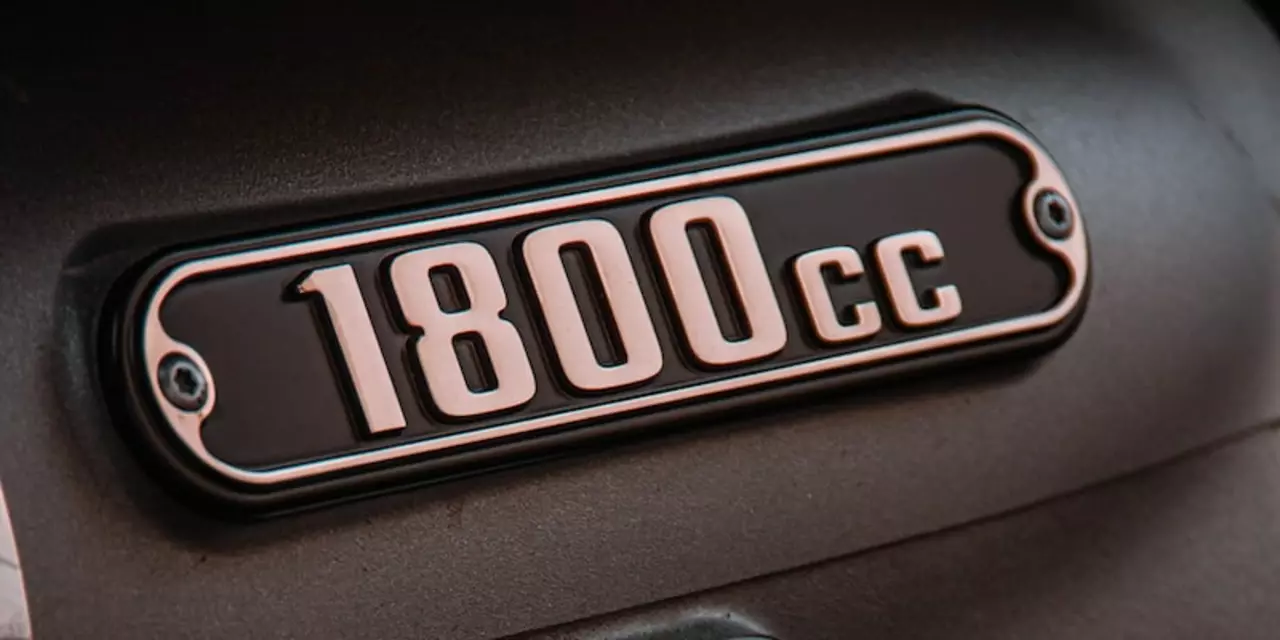BMW in British Motorsport: A Quick Look at the Best Moments
If you love the roar of a BMW engine on a UK track, you’re in the right place. Over the years the German marque has turned up in everything from club races to big‑league championships, and fans still talk about those high‑octane moments. Below we break down the highlights, the cars that made a splash, and why BMW still feels fresh on British circuits.
Why BMW Became a Fan Favourite in the UK
First off, BMW’s blend of reliability and performance hits a sweet spot for racers. The cars are easy to tune, and the engines give that instant torque you crave when you’re pushing a corner. British drivers also love the brand’s heritage – the 3‑Series and 5‑Series have been showroom staples for decades, so many racers grew up seeing the same badge on family cars and on the track.
Another reason is the club scene. Local circuits like Brands Hatch and Silverstone host regular BMW‑only events, letting newcomers test the waters without a huge budget. Those series often become stepping stones for drivers aiming for the British GT Championship or even the European Le Mans Series.
Key BMW Cars That Shook Up UK Racing
The BMW M3 (E30) is a legend. In the late ’80s and early ’90s it dominated the British Touring Car scene, beating big names with a perfect mix of power and handling. Even today, you’ll see classic E30 builds in historic races, and they still turn heads.
Jump ahead to the 2000s, the BMW Z4 GT3 took the British GT Championship by storm. Its lightweight chassis and V8 punch made it a top contender in both sprint and endurance races. Fans loved the sound – it’s a tuning‑fork note that’s unmistakable.
More recently, the BMW M6 GT3 entered the British GT series and quickly racked up wins. Its turbocharged V8 offers a modern twist on the brand’s performance DNA, and teams appreciate the extensive data BMW provides for setup tweaks.
Don’t forget the electric side. The BMW i8 has shown up in exhibition runs at events like the Goodwood Festival, proving the brand can blend green tech with classic BMW flair.
All these models share a common thread: they’re built to be fast but also to be enjoyed by the driver. That’s why you’ll still hear stories about a weekend track day in a borrowed M3 or a close finish in a Z4 GT3 at Silverstone.
If you’re thinking about getting into BMW racing, start small. A well‑maintained 3‑Series or an older M3 can be a solid entry point. Join a local BMW club, hit the track days, and learn the car’s limits. Most clubs have mentorship programs, so you’ll get advice from seasoned drivers who know every quirk of the BMW chassis.
Finally, keep an eye on the news. BMW regularly updates its motorsport support, offering new parts, data packages, and even factory‑backed entries in major championships. Staying connected means you’ll always have the latest tools to stay competitive.
Bottom line: BMW’s history in UK motorsport is rich, varied, and still growing. Whether you’re a veteran racer or a weekend enthusiast, the brand offers something that fits your style and budget. So next time you hear a BMW rev outside a circuit, know you’re hearing a piece of British racing heritage in the making.
Why doesn't BMW have a Moto GP racing team?
BMW has a long and successful history in motorsports, but they have no official Moto GP racing team. This is because Moto GP is an expensive sport, and BMW has chosen to focus their motorsport activities on other forms of racing. Additionally, the FIA regulations for Moto GP don't allow the use of production-based engines, which is an area BMW has traditionally excelled in. Finally, the German brand has chosen to focus on other motorsport events that can showcase their vehicles, such as endurance and touring car racing. As a result, BMW has no Moto GP racing team, and likely won't in the future.
